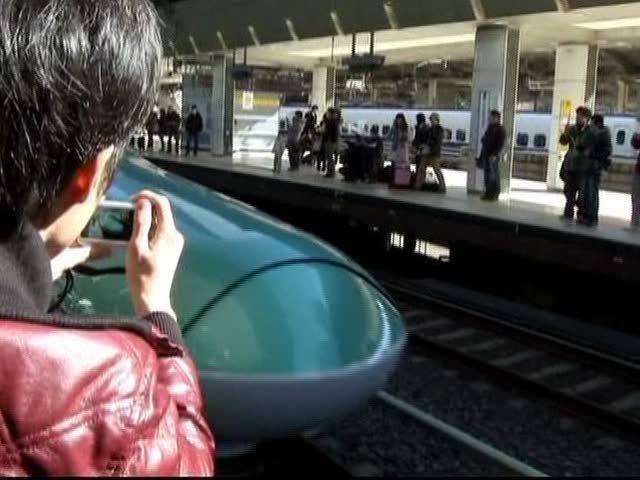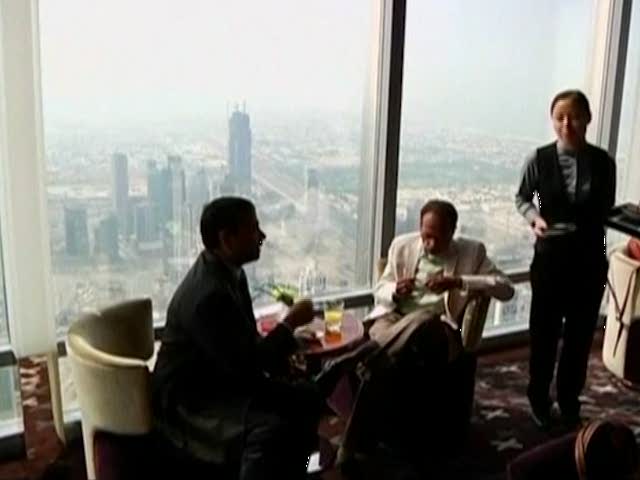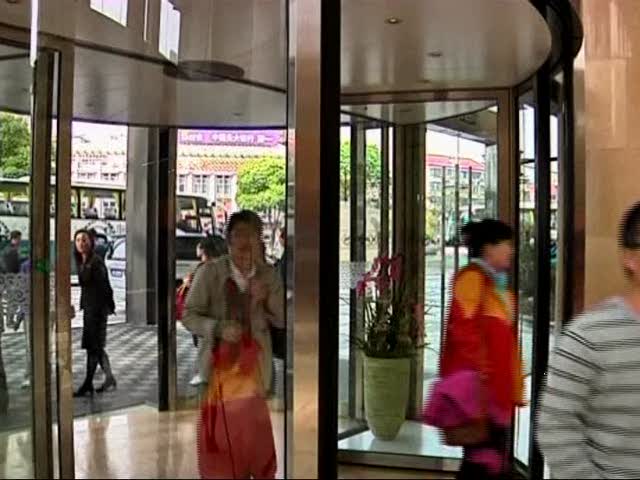The struggle pitting Russian President Vladimir Putin's Kremlin against the head of the huge Russian oil company Yukos has analysts and investors concerned about the future of political and economic reform in Russia
Published:
1 November 2003 y., Saturday
The struggle pitting Russian President Vladimir Putin's Kremlin against the head of the huge Russian oil company Yukos has analysts and investors concerned about the future of political and economic reform in Russia.
Of most concern is the belief among some leading analysts that the methods being used in the case are reminiscent of the Soviet era.
In a pre-dawn raid on October 25, Russian secret service agents moved in to arrest Yukos Chief Executive Mikhail Khodorkovsky at gunpoint, while he was on a business trip in Siberia. Mr. Khodorkovsky was flown to Moscow for questioning, and shortly thereafter was charged with seven counts of tax evasion and fraud.
The dramatic move against Russia's richest man made him the third senior Yukos official to be arrested since the crisis over Russia's largest oil company erupted four months ago.
The dispute began in July with the arrest of major Yukos share-holder Planton Lebedev on theft charges, and a wave of raids on Yukos-affiliated companies by Russian prosecutors.
In an escalation of the crisis on Thursday, Russian prosecutors seized a controlling interest in the huge Russian oil company. And President Vladimir Putin's chief of staff, Alexander Voloshin, resigned, amid apparent disagreement over the tactics being used against Mr. Khodorkovsky.
Russian business leaders see the government's moves against Yukos executives as a disturbing trend in law enforcement that could lead to a massive redistribution of assets gained during the privatization of the 1990's, and, they say, economic calamity.
Šaltinis:
voanews.com
Copying, publishing, announcing any information from the News.lt portal without written permission of News.lt editorial office is prohibited.
The most popular articles
 Most EU countries continue to meet deadlines for incorporating single market rules into national law, contributing to economic growth and job creation.
more »
Most EU countries continue to meet deadlines for incorporating single market rules into national law, contributing to economic growth and job creation.
more »
 Japanese officials unveil their new bullet train, capable of travelling at speeds of 320 km per hour (198 miles per hour).
more »
Japanese officials unveil their new bullet train, capable of travelling at speeds of 320 km per hour (198 miles per hour).
more »
 The first International Security Technology Exhibition, KIPS 2011, will be held on 23-26 February 2011 in Kiev (Ukraine). The motto of the exhibition is ‘There can never be too much security!’
more »
The first International Security Technology Exhibition, KIPS 2011, will be held on 23-26 February 2011 in Kiev (Ukraine). The motto of the exhibition is ‘There can never be too much security!’
more »
 The world's highest restaurant opens in Dubai, United Arab Emirates, located 400 metres above ground in Burj Khalifa, the world's tallest tower.
more »
The world's highest restaurant opens in Dubai, United Arab Emirates, located 400 metres above ground in Burj Khalifa, the world's tallest tower.
more »
 The rights of consumers will be clarified and updated, whether they shop at a local store or buy goods on line, under new EU rules as amended by the Internal Market Committee on Tuesday.
more »
The rights of consumers will be clarified and updated, whether they shop at a local store or buy goods on line, under new EU rules as amended by the Internal Market Committee on Tuesday.
more »
 MEPs on Wednesday gave their green light for the Council to conclude an Interim Economic Partnership Agreement with Papua New Guinea and Fiji, two countries of the Pacific Region with significant exports to the EU.
more »
MEPs on Wednesday gave their green light for the Council to conclude an Interim Economic Partnership Agreement with Papua New Guinea and Fiji, two countries of the Pacific Region with significant exports to the EU.
more »
 Report sets 10 priorities for tackling the bloc's main economic challenges, launching the first ever ‘European semester'.
more »
Report sets 10 priorities for tackling the bloc's main economic challenges, launching the first ever ‘European semester'.
more »
 China's first capsule hotel ready to open its doors in Shanghai, aims to capture slice of booming leisure budget travel market.
more »
China's first capsule hotel ready to open its doors in Shanghai, aims to capture slice of booming leisure budget travel market.
more »
 Declaration by Michel Barnier on the start of three new authorities for supervision.
more »
Declaration by Michel Barnier on the start of three new authorities for supervision.
more »
 On 1 January, Estonia adopted the euro as its official currency and the changeover is running smoothly and according to plan.
more »
On 1 January, Estonia adopted the euro as its official currency and the changeover is running smoothly and according to plan.
more »